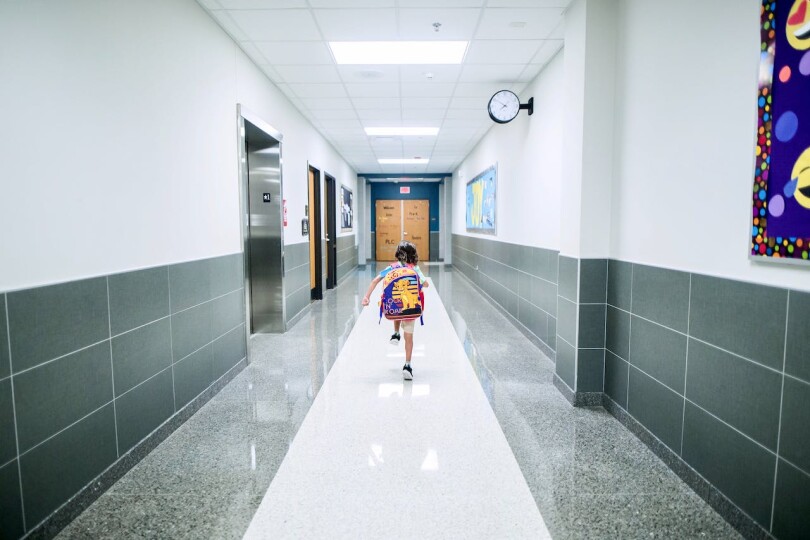3 Innovations from the International Horticultural Expo.
29 Apr 24
Enviro ChatThe Global News Source for the World of Science and Chemicals
04 December 2023
Enviro Chat
Given that children’s lungs are still developing and therefore more susceptible to contamination from air pollution, it makes sense to ensure that the indoor environments in which they spend the majority of their week is free from contaminants. As such, the indoor air quality (IAQ) in Emirati schools should be among the cleanest in the country.
Of course, this unfortunately has not always been the case, in the UAE and elsewhere. However, the signing of a recent Memorandum of Understanding (MoU) between Emirates Green Building Council (EGBC) and Johnson Controls International (JCI) looks to change all that by providing a long-term framework for assessing and improving IAQ in Emirati schools.
The terms of the agreement will see JCI work with EGBC to devise and implement a methodology of researching and measuring IAQ in educational institutions around the country. JCI have already developed a world-beating ecosystem of data-driven and AI-boosted solutions, called OpenBlue, which uses a network of smart devices to collect and compile information from a wide range of parameters.
As such, this existing infrastructure can be put to good use to measure a plethora of common contaminants in Emirati schools, including carbon dioxide (CO2), particulate matter (PM) and volatile organic compounds (VOCs). In addition to providing the equipment necessary to carry out this monitoring, JCI will also create a bespoke research methodology framework and run technical workshops, as well as work alongside the EGBC to produce a comprehensive report of their findings.
This report is then expected to inform the EGBC’s strategy going forwards, both in terms of continuing to monitor IAQ and in constructing buildings that are better suited to minimise pollution in the future. The executive summary of the project is expected to be presented at COP28 in Abu Dhabi later this year.
While the quality of the air we breathe has been a prominent issue in the mainstream for many years now, most of the headlines surrounding the topic usually focus on ambient air pollution in an outdoor setting. However, it has been demonstrated that the air found indoors can be several times more contaminated than that found outside, and if proper ventilation is not allowed, it can accumulate and adversely affect the health of those exposed to it.
This is especially concerning when it comes to children and young people, since their lungs and respiratory passageways are still in a formative stage, making them more susceptible to illness or, worse, long-term damage which could manifest itself in more serious forms further down the line. As such, the IAQ project is expected to safeguard the all-important health of future generations.
Meanwhile, it can also have tangible benefits in the short term, too. For example, poor air quality can be responsible for leading to fatigue, confusion and a lack of concentration, all of which can have a big impact on academic achievement. At the same time, it’s hoped that a cleaner and more welcoming school environment can reduce rates of absenteeism, too.
DOWNLOAD PDF

2 Day Seminar Program
@ ArabLab+ 2024
24 & 25 September 2024
22 Apr 24
Lab ChatYour stay in Dubai
Labkit
Product News
Chemkit
Product News
Thinking about exhibiting at ARABLAB 2024? Watch our video to find out more.
Join the world’s leading organisations…
Join our mailing list and receive the ARABLAB newsletter and event updates.